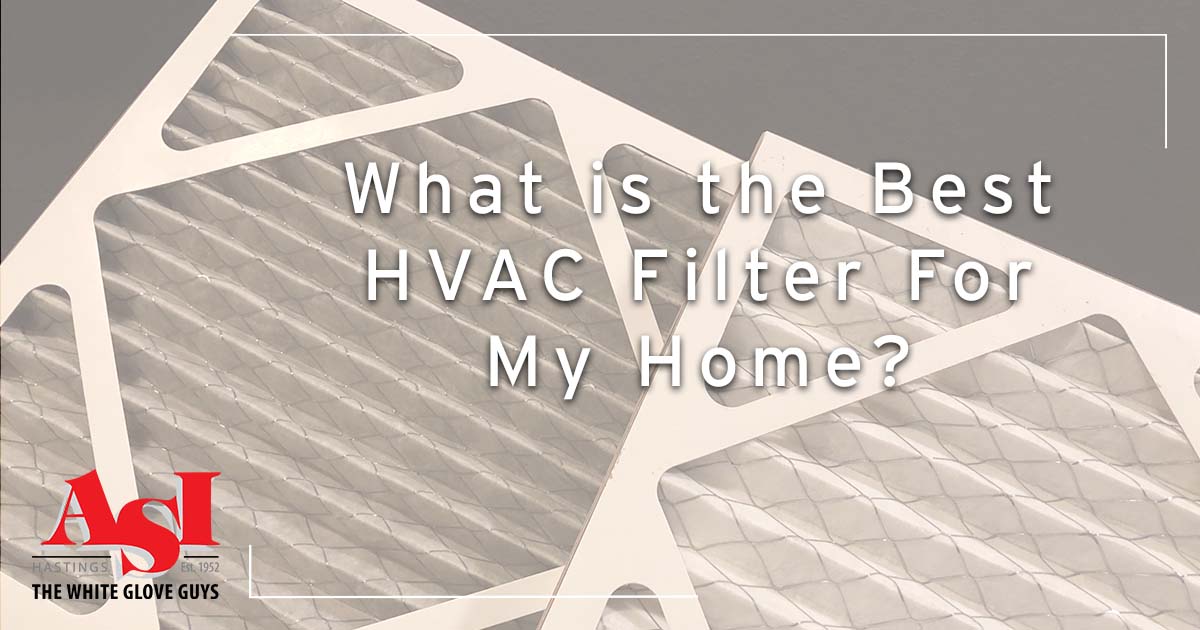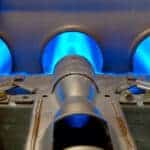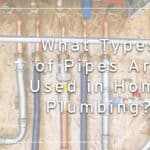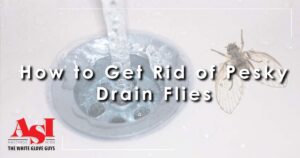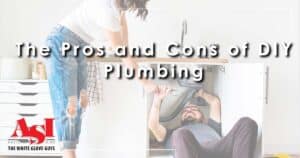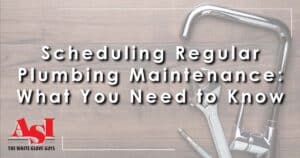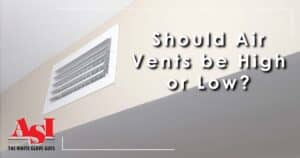Does it ever feel you like you need to make too many decisions? Sometimes, there are so many options it’s hard to choose, and ASI is here to help. While we can’t help you pick the perfect flavor of ice cream, we can help you find the best HVAC Filter for your home.
When it comes to air filters, what works for one home may not work for another. I tall depends on your individual needs. Today we’re sharing the pros and cons of the most common air filters.
How Many Different Types of HVAC Filters Are There?
There are so many filters on the market it makes our heads spin! But here are the 4 most commonly used HVAC air filters:
- Fiberglass Filters
- Pleated Filters
- HEPA Filters
- UV Filters
There are a few things to consider before getting your next air filter. Is your home around a dusty construction site? Do you have long-haired pets? Does anyone in your home live with asthma or allergies? All these factors should be taken into consideration.
- Filters with a MERV rating between 1 and 4 can catch things like pollen, dust mites, household debris, and carpet fibers. These filters are normally found in window cooling units.
- Filters with a rating between 5 and 8 will catch everything listed above, as well as mold spores, pet hair and indoor air contaminates from things like fabric protector and hair spray. For home HVAC systems, we recommend your filter has a MERV rating of at least 5.
- Any filters with a MERV rating between 9 and 12 can catch everything listed between ratings 1 through 8. They can also trap lead dust, humidifier dust, and pollution from auto emissions. Filters with this rating are used in hospital laboratories.
- And finally, filters with a rating of 13 to 16 will filter bacteria, tobacco smoke, and sneeze particles in addition to everything else listed above. Filters in the range of 13 to 16 are used in hospitals and surgery rooms.
Fiberglass Filters
Though fiberglass are the filters most commonly found in drug stores and hardware stores, they are the filters that should probably not be in your system. They are a great deal, some go for under $2.
While $2 is cheap, it may cost you in the long run. Because fiberglass filters are so thin, they can’t trap anything more than lint and dust.
You’ll also need to replace them almost every 30 days. Other filters only need to be replaced every 6 months.
Pleated Filters
Pleated filters are what we recommend. They come in a range of styles, prices, materials, and MERV ratings.
Pleated filters are usually made from sheets of cotton, paper, polyester, or even fiberglass. These sheets are tightly pleated and then fit into the filter. The tight pleats allow for mor surface area to catch and trap airborne particles.
And depending on the filter you buy; you may only need to replace it once every 6 months.
HEPA Filters
If you’re looking for the one filter to rule them all, HEPA filters are what you want. HEPA (High-Efficiency Particulate Air) filters are so strong they aren’t rated on the MERV scale because the MERV scale doesn’t go high enough.
HEPA filters are mostly used in hospitals, surgery centers, and most other medical care facilities. Though they are very strong and can pretty much clean anything out to the air, not everyone needs one.
These filters are expensive and can be hard to fit into a standard system. Because of their strength, they have a lot of extra heft. Most standard HVAC systems would need a larger space for that big of a filter.
We don’t recommend HEPA filters for the average homeowner. Unless someone in your home is sick or has extreme asthma and/or allergies, this filter is overkill for most homeowners.
UV Filters
UV air purifiers are an interesting piece of technology. These small devices are add-ons to any HVAC set up. They use UV rays to essentially “zap” unwanted particles out of the air. Meaning, the UV light negatively charges ions in the unwanted particles, making them heavy.
When the particles are too heavy, they drop out of the air, leaving you with pure, clean air. It’s important to note that even though we use the term “UV filter,” we truly mean a UV purification system and an air filter together.

